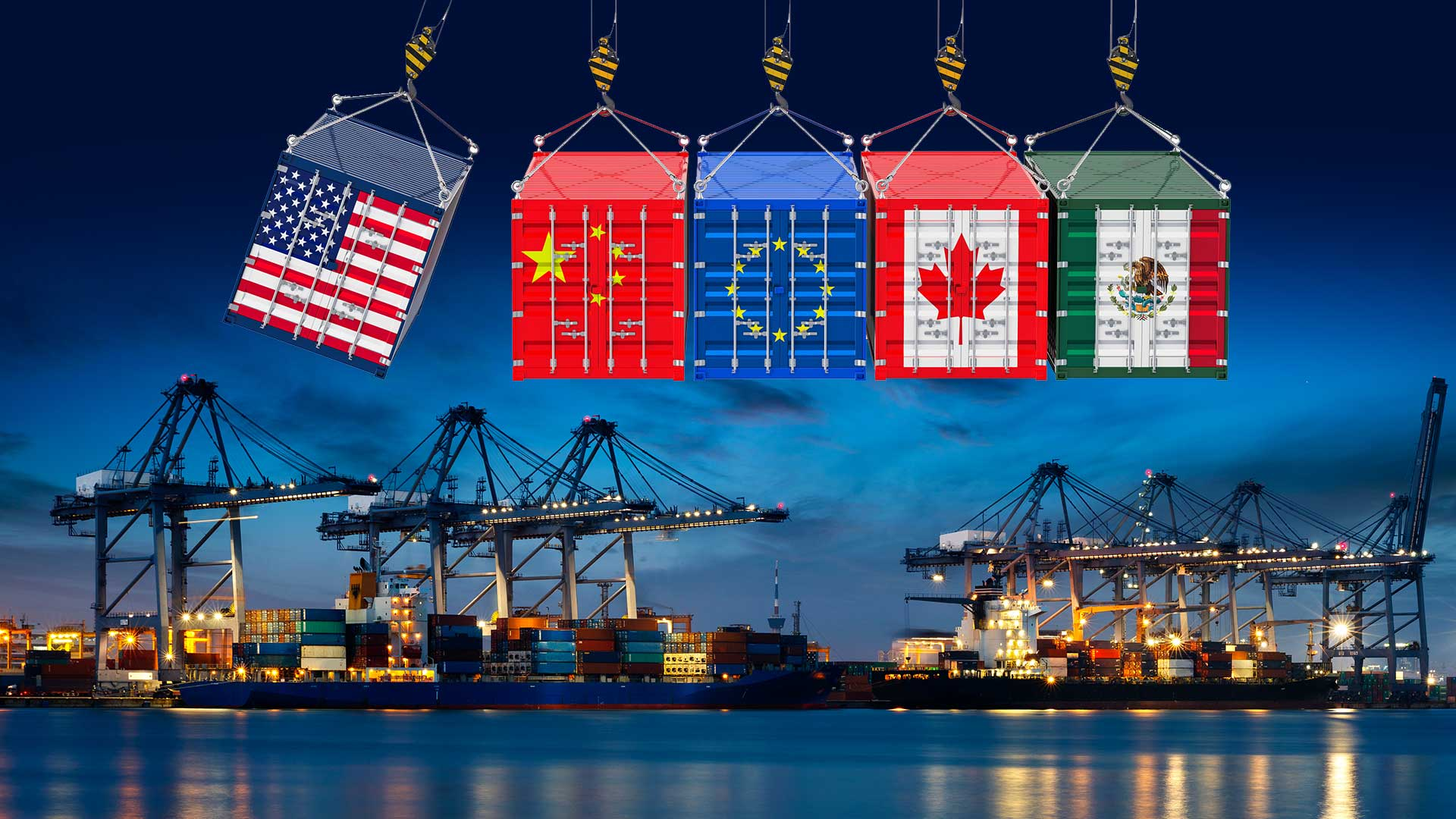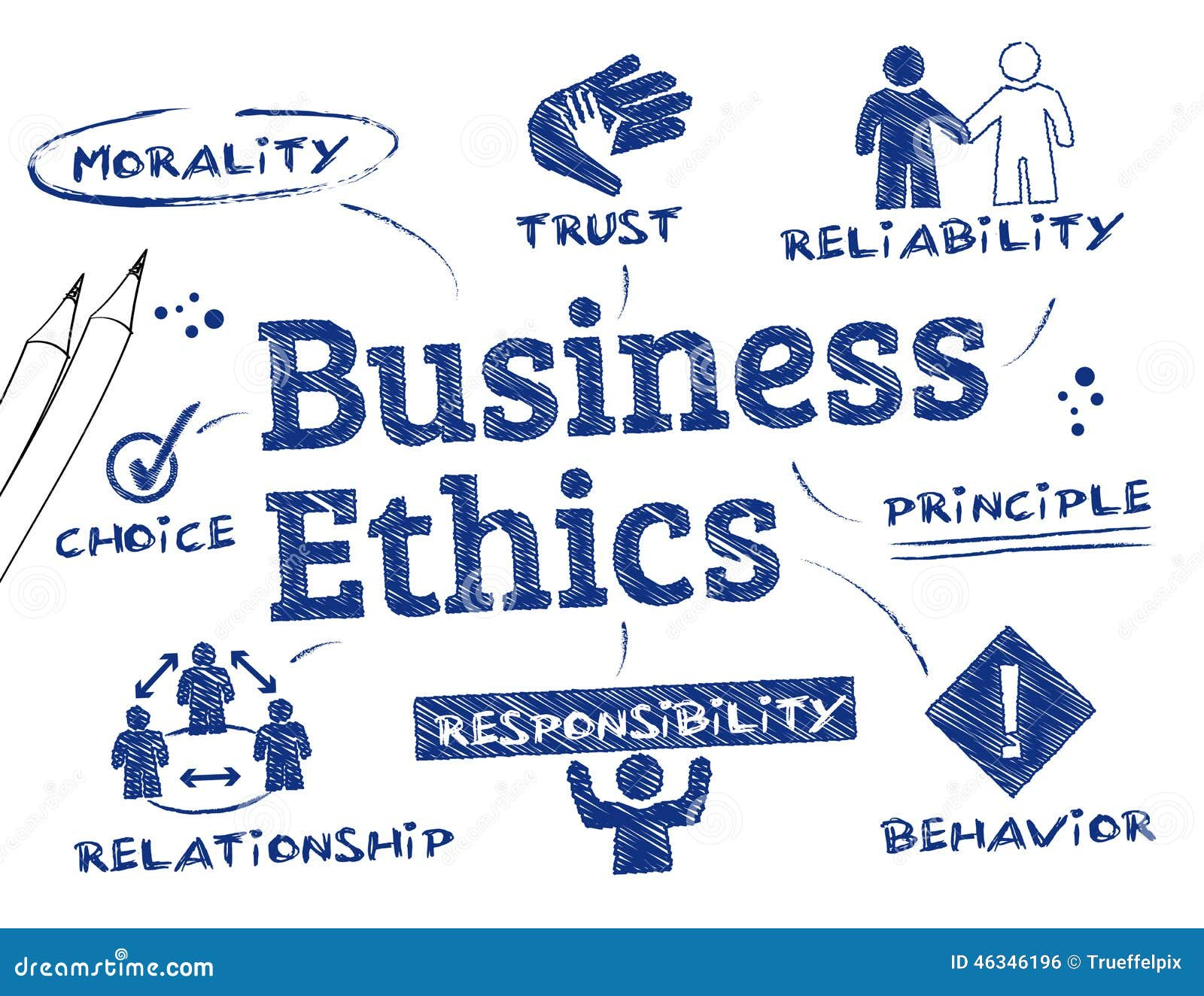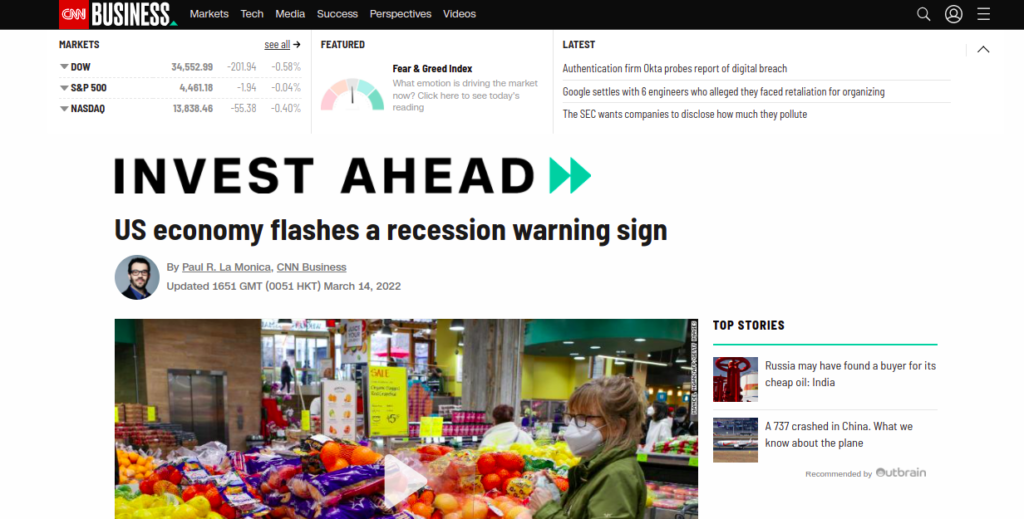Tariffs and the American worker are at the forefront of a fierce debate in contemporary U.S. trade policy. As Republican Senator Rick Scott emphasizes, these tariffs, particularly against nations like China, aim to protect and empower American workers by ensuring a more level playing field. By implementing such economic measures, the government seeks to eliminate unfavorable trade practices that have long put U.S. workers at a disadvantage. However, the economic impact of tariffs remains a contentious issue, with critics arguing that they may lead to higher prices and strain international relationships. As the ongoing discussions about U.S. tariffs unfold, understanding their implications for American workers is critical for evaluating the overall effectiveness of current trade strategies.
In discussions surrounding import duties and domestic labor, the focus on tariffs and the American workforce reflects a broader concern for economic equity. Senator Rick Scott advocates for measures aimed at curbing the competitive edge of foreign nations, especially in light of China’s prominent role in global markets. The ongoing discourse about U.S. tariffs highlights the potential need for reform in trade agreements to safeguard local industries and employment. Critics highlight the possible consequences of such tariffs, which could inadvertently affect consumers and businesses alike. As this dialogue expands, it underscores the necessity of examining innovative solutions that promote both fair trade practices and the economic welfare of U.S. workers.
Understanding the Economic Impact of Tariffs on the American Worker
Tariffs have long been a topic of debate among economists, politicians, and the public alike. The notion that tariffs can help level the playing field for the American worker is rooted in the idea that they protect domestic industries from foreign competition. Senator Rick Scott argues that Trump’s tariff strategy aims to reduce unfair advantages that other nations, particularly China, hold over American employers and workers. By imposing tariffs, the U.S. government hopes to encourage local production and help workers sell more goods, thereby boosting the economy.
However, the economic impact of tariffs is multifaceted. While some workers in targeted industries might see short-term benefits, economists like Jason Furman caution against the broader consequences of such measures. Potential retaliation from other countries can lead to increased prices for American consumers, inflation, and job losses in industries not directly protected by tariffs. Thus, while tariffs may seem beneficial to the American workforce initially, the long-term effects may include economic uncertainty and market volatility.
Tariffs and U.S. Trade Policy: A Shift in Strategy
The recent introduction of tariffs marks a significant shift in U.S. trade policy. Traditionally, negotiations were preferred to resolve trade disputes, but the current administration’s approach, advocated by figures like Scott, sees unilateral tariffs as a more effective tool. This method aims to force other nations to lower their duties and create a more favorable trading environment for American products. With China facing the highest tariffs, the focus is on altering their competitive edge and saving American jobs, while also pushing for better bilateral trade conditions.
However, this strategy has not come without criticism. Analysts warn that relying on tariffs could provoke trade wars and disrupt established trade relationships. In the case of China, the significant tariffs could stifle not just imports but also exports as retaliatory measures are enacted. The ongoing discussion surrounding U.S. tariffs implies a need for a balanced approach that weighs the immediate benefits against potential long-term consequences in international trade negotiations.
The Role of China in U.S. Tariff Discussions
China remains a focal point in discussions about tariffs and U.S. economic strategy. Senator Scott’s assertion that the U.S. should avoid trading with China altogether reflects a growing sentiment that their economic practices harm American jobs and industries. By imposing hefty tariffs on Chinese imports, the U.S. attempts to reassert itself and create a more competitive environment for American products. Many see this as a necessary step to curb China’s economic dominance while protecting American interests.
However, the effectiveness of such an approach is highly debated. Critics argue that instead of fostering a healthy competitive environment, these tariffs could lead to increased costs for American consumers and strained relations between the two largest economies. The perception of China as a threat underscores the urgency in America’s tariff policies, yet a comprehensive understanding of the economic repercussions is crucial to ensure durable solutions for American workers.
Analyzing Rick Scott’s Support for Tariff Strategies
Senator Rick Scott staunchly supports the current administration’s tariff policies, viewing them as essential for empowering American workers. His focus on placing tariffs on nations like China stems from a desire to strengthen domestic production and remove barriers that hinder U.S. companies. According to Scott, such measures signify a commitment to protecting American interests and pushing towards zero-tariff agreements, which he believes would ultimately boost American exports.
However, Scott’s steadfast belief raises questions about the broader implications of such policies on the U.S. economy. While he argues for the positive outcomes for American workers, concerns remain among economists about how these tariffs might adversely affect inflation and consumer prices. Evaluating the effectiveness of Scott’s advocacy for tariffs requires a deeper examination of both the intended and unintended consequences of these trade policies on the overall economy.
Trump Administration’s Tariffs and Their Controversy
The Trump administration’s tariff policies have ignited significant controversy, especially regarding their actual effectiveness and consequences. Supporters argue they are a necessary means to protect American jobs and industries from foreign competition. Senator Rick Scott champions these tariffs as a method to invigorate the American workforce and stimulate economic growth by combating practices from countries like China that disadvantage domestic companies.
Conversely, critics, including economic experts like Jason Furman, caution that the negative ramifications of these tariffs could outweigh the benefits. The imposition of tariffs has been linked to market instability, inflated costs for consumers, and potential retaliatory tariffs from trading partners. The ongoing debate highlights the complexity of U.S. trade policy as it adapts to global economic changes and reflects differing viewpoints on the optimal strategies for fostering American economic resilience.
Tariffs’ Influence on U.S. Economic Stability
Tariffs play a pivotal role in shaping the economic stability of the U.S. They are intended to safeguard American jobs, but their long-term effects can be detrimental to overall economic health. As Senator Scott emphasizes the need for a fair playing field for American workers, there is an underlying fear that continuous tariff increases may breach international trade agreements and lead to increased prices for consumers. This delicate balance is crucial for maintaining economic stability.
Moreover, the potential for retaliatory measures from affected countries, particularly China, poses another layer of risk. The economic impact of tariffs can reverberate through the market, affecting foreign direct investment and overall consumer confidence. As tariffs continue to shape the dialogue around American economic policy, a thorough examination of their impacts is essential for informed decisions moving forward.
Navigating the Political Landscape of Tariffs
Tariffs have become a significant political issue in the U.S., drawing sharp divides among politicians and affecting public opinion. Senator Rick Scott’s unwavering support for the Trump administration’s tariff policies highlights the political stakes tied to trade issues. The perception that tariffs are a means to bolster American industries resonates with many voters who prioritize job security and economic growth. As political leaders advocate for simplification in trade agreements, the narrative surrounding tariffs continues to evolve.
On the other side of the aisle, critics of these policies argue that the political ramifications can lead to economic instability and uncertainty, fostering a climate of fear among consumers and businesses alike. This ongoing dialogue mirrors the complexities of American trade policies and the need for politicians to navigate both economic realities and constituents’ expectations effectively. Tariffs will remain a cornerstone of political debate as stakeholders assess their implications for the American workforce.
Consumer Reactions to Tariffs and Market Dynamics
As tariffs reshape the economic landscape, consumer reactions play a crucial role in determining their effectiveness. There is a growing concern that tariffs, especially those imposed on goods from China, will lead to higher prices for American consumers. This potential backlash could threaten the very economic stability the tariffs aim to protect, as households feel the pinch of increased prices. Ultimately, consumer sentiment regarding these tariffs can influence policymakers and lead to pivotal shifts in trade strategies.
The dynamics of the market also reveal that while some industries may gain from tariffs, many others could be adversely affected. For instance, sectors reliant on imported materials may face cost increases that ripple through to final products, affecting sales and profits. Monitoring consumer behavior in response to tariffs can yield insights into how these trade policies are impacting everyday Americans, compelling politicians to adapt their approaches to better suit the electorate’s needs.
Future Outlook: Tariffs in American Economic Policy
Looking ahead, the role of tariffs in American economic policy is expected to be a focal point of discussion in the coming years. Senator Rick Scott and other supporters of tariffs argue that these measures are vital for facilitating a competitive environment for U.S. industries. As global trade dynamics continue to change, tariffs may need to be re-evaluated to align with broader economic goals and respond to evolving international relationships, particularly with China.
Ultimately, the impact of tariffs on the American worker and the economy will likely determine the future trajectory of U.S. trade policy. Policymakers must consider both the benefits and the repercussions of these measures on growth, inflation, and consumer behavior. The ongoing dialogue surrounding tariffs indicates that they will remain a critical aspect of America’s approach to global trade, demanding astute evaluations to ensure a future that balances protectionism with free trade.
Frequently Asked Questions
How do tariffs impact the American worker according to Rick Scott?
Senator Rick Scott argues that tariffs are essential for leveling the playing field for American workers. He believes that by imposing tariffs, the U.S. can challenge other countries, particularly China, to remove their barriers on American products, ultimately enabling U.S. workers to sell more products globally.
What role do tariffs play in U.S. trade policy?
U.S. trade policy, particularly under the Trump administration, has involved substantial tariffs on imports, aimed at reshaping trade dynamics. Scott claims these tariffs are intended to protect American workers and stimulate the economy, although some economists express concerns over potential negative effects.
What are the economic impacts of tariffs on the U.S. workforce?
While Rick Scott contends that tariffs will benefit the American workforce by boosting sales of American products, economists like Jason Furman warn that these tariffs may harm the economy, with possible repercussions including job losses and inflation.
How do China tariffs specifically affect American workers?
China tariffs are notably higher, with a 145 percent duty imposed on U.S. imports. Rick Scott believes that these tariffs could protect American jobs by encouraging domestic production over reliance on Chinese imports, despite the significant retaliatory tariffs imposed by China.
What is Rick Scott’s perspective on negotiating trade versus unilateral tariffs?
Senator Scott supports the idea that tariffs can compel other countries to lower their tariffs against American goods, even if he acknowledges potential negotiations could streamline trade relationships. His viewpoint emphasizes that American workers need fewer barriers to thrive economically.
| Key Point | Details |
|---|---|
| Tariff Strategy | Senator Rick Scott defends tariffs as a means to protect and promote American workers by reducing foreign barriers. |
| Concerns About China | Scott emphasizes that China poses a significant economic threat and suggests reducing trade with China. |
| Economic Impact | The tariffs have caused volatility in global markets and are linked to a GDP contraction in Q1 2025. |
| Criticism of Tariffs | Economist Jason Furman argues that tariffs will harm the U.S. economy and suggests negotiations could be more beneficial. |
| Tariff Rates | The U.S. has imposed a 10% tariff rate on most countries, while China faces a much higher 145% tariff. |
| National Debt Concerns | Scott calls for a balanced budget to address the growing national debt predicted to reach $20 trillion. |
Summary
Tariffs and the American worker are at the forefront of recent economic discussions, highlighting a significant political divide. Senator Rick Scott argues that tariffs protect U.S. workers by pushing for foreign markets to lower their trade barriers, while critics warn that these measures could destabilize the economy. As the U.S. navigates its trade policies, the impacts of tariffs on American jobs and the economy remain a critical area of debate.










Leave a Reply